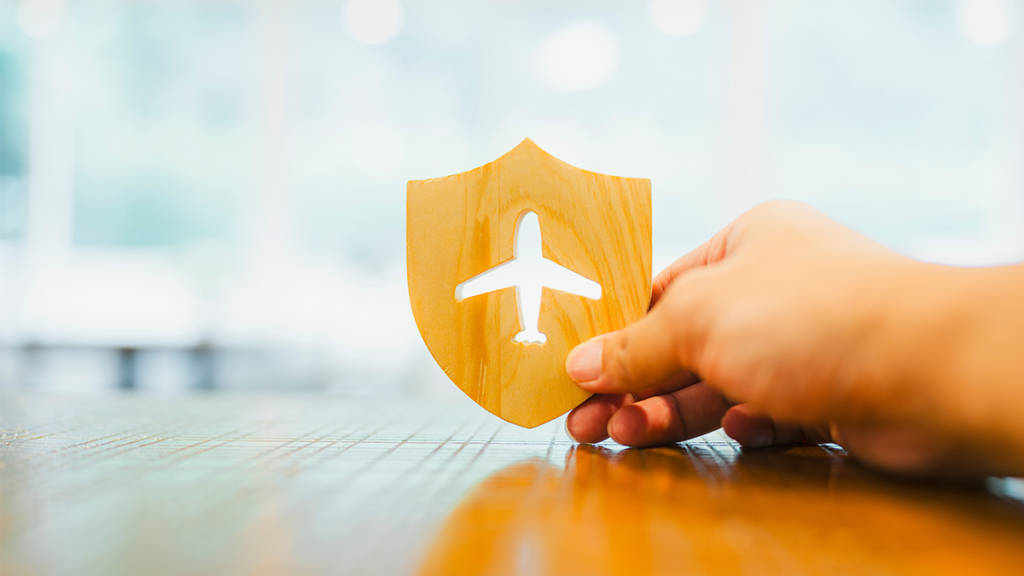No matter the circumstances, some tasks in a hotel have to be done daily to keep operations smooth and the business on track. The role of the night auditor fits that description with its high level of responsibilities at unusual hours, to empower daytime operations to flourish.
In this post, we answer the question “just what does a hotel night auditor do?”, before exploring their responsibilities and the hallmarks of what makes a great hotel auditor for your hotel—and how to find them.
What is a hotel night auditor?
Hotel night auditor duties span across two main areas: running the front desk and being the face of the hotel overnight, while also closing the books for the day, producing reports and setting up the morning teams for success.
Any guest entering a hotel after around 11pm will likely say hello to what they would call a ‘front desk agent’, without even knowing they are likely speaking to the hotel night auditor. Once the clock strikes midnight and hopefully the phones have stopped ringing, the hotel auditor uses this ‘quiet time’ to perform crucial daily tasks. These are focused on multiple business areas, including finance and operations.
Sounds simple? Consider that they are closing the books for the day that ended at midnight, and then a late check-in walks in at 1 AM. The hotel night auditor is responsible for checking them in and ensuring that the stay is recorded for the correct night, which closed at midnight.
Job description: What does a night auditor do?
Hotel night auditors can perform all the same tasks as front desk staff perform daily, from check-in and check-out to managing guests’ requests and following emergency protocols. In fact, in many smaller hotels, where the hotel night auditor will be the only member of staff present, they are expected to perform these duties with more authority than daytime team members, who have a team as a backup. But that is not all. A key part of their role is performed when guests are not demanding their attention.
On top of their guest-facing duties, night auditors are in charge of necessary daily (or nightly) procedures that are essential to keeping the business running. The results are processed payments, reconciled accounts, verified guest folios and night audit reports, including operating statistics, for management to start the next day.
A hotel night auditor job description therefore usually combines the attributes of a strong front desk agent with the aptitude to follow strict procedures independently, and the acumen to spot any inconsistencies.
The goals of the night audit process are to handle and record transactions accurately and to organise and report financial and operational information.
Duties and responsibilities: How to perform a night audit at your hotel
Depending on the systems a hotel uses, the night audit process nowadays can be automated to varying degrees. In the past, an often dreaded aspect of this key responsibility was the amount of manual work that went into each task. Luckily, the industry has evolved and embraced technology to help.
The most common steps in the night audit process ensure that:
- Outstanding postings to guest accounts are completed.
- There are no discrepancies across any systems, including room status, rates and no-shows.
- All departmental accounts and financial information are balanced, so the date can be closed.
- Financial and operational reports, or the so-called night audit reports, are prepared and distributed.
- Any non-automated or manual back-ups are performed.
Most modern Property Management Systems perform at least a few of these tasks automatically or when prompted, thereby increasing the efficiency of the night auditor and gaining them valuable time.
What to look for when interviewing a potential hotel night auditor
The task of performing a hotel night auditor interview is almost as varied as the role itself: the art is creating the opportunity for someone to shine in both aspects of the role. To achieve this, questions have to cover both their experience in general front desk responsibilities and their financial acumen.
Important areas to cover in an interview include:
- Working independently (or as part of a nightly team of x, clearly defining a hotel’s circumstances and expectations)
- Communication with team members not on the night shift
- Following emergency procedures
- Duty manager responsibilities (if applicable)
- Unusual guest scenarios and requests
- Examples of night audits they consider to be standard vs more demanding nights
- Their level of knowledge of systems currently used by the hotel
- Their ability to perform tasks manually if technology should fail
- Their ability to spot inconsistencies or potential errors, in case a system or process fails
A useful structure to follow in any interview has three segments.
- The first is opening the conversation, whereby the person interviewing ‘goes first’ by speaking about the hotel, values, history, their own story with the property as appropriate, before asking the candidate about their story or life outside of work.
- The second step is talking about their current role, which may already provide insight into their experience in a similar role. This should also be used as an opportunity to understand what they did or did not like about their current or prior role. As a result, it will be easier to manage the right person when they join and keep them happy.
- The third step is asking about specific experiences, often by using scenario-type questions that ask the candidate to tell you ‘about a time when’. This makes it easier to identify differences between candidates with regard to, for example, specific system experience.
Do not forget that the role of the night auditor has one major differentiator from other roles that you recruit for: they work at night. Candidates usually have experience working those hours or have a clear reason why they want to transition to work at night. This may also be reflected in a hotel night auditor salary, which Glassdoor lists as between USD 32k—41k in the US.
What technology helps make night auditing easy for hotel staff?
Any technology employed by a hotel that moves its operations beyond manually signing names into a book, helps hotel night auditors perform their duties more easily, simply by eliminating the need to replicate and balance information manually. One key technology to ease the night auditor’s role, therefore, is a Property Management System. And while very few accommodation businesses nowadays can function without some form of technology at the front desk, it is also apparent that the fewer tools employed, the fewer inconsistencies across systems can occur.
A vast amount of technology is available to hoteliers nowadays. Many of these technologies are cloud-based and easily integrate with one another: meaning they store data without the need for local hard drives and back-ups, and they talk to one another with rules set up to determine a clear source of truth. This eliminates, for example, two potentially cumbersome tasks of the night auditor: having to manually back up hard drives and comparing that the information on multiple systems at the end of the day is the same.
Aside from making their night auditing tasks easy, ideally, any technology employed by your hotel will offer ease of use and a 24/7 support team, should help be needed. A well-prepared hotel night auditor always knows where to look up crucial information or who to call for help when the unexpected happens.







More Stories
Backpacking Journeys: Adventure Awaits on Every Path
Backpacking Journeys: Go Further, Explore Deeper
Backpacking Journeys: Find Solitude in Nature’s Beauty